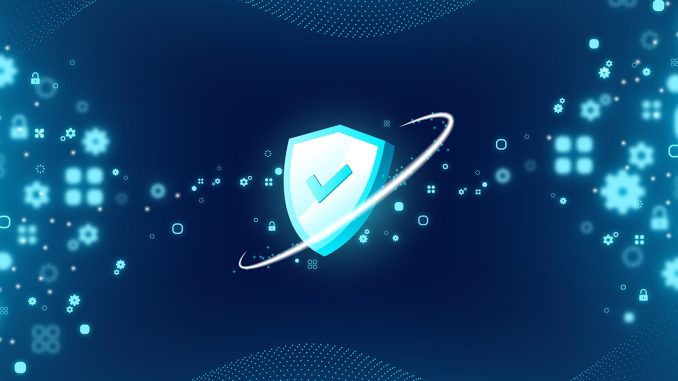
Introduction
In the age of cyber threats, data tracking, and public Wi-Fi, privacy online is not guaranteed—unless you take control of it. This is where VPNs (Virtual Private Networks) come in. Whether you’re concerned about hackers, advertisers, or even your own ISP spying on your activity, a VPN helps shield your data and protect your identity. But what exactly is a VPN? How does it work? And when should you use one? Let’s break it down in a simple, beginner-friendly way.
What Is a VPN?
A VPN (Virtual Private Network) is a tool that creates a secure, encrypted tunnel between your device and the internet. Instead of connecting directly to a website or service, your traffic first goes through a VPN server, which hides your IP address and encrypts your data.
In simple terms:
-
It hides your real location
-
It protects your data from hackers
-
It makes your browsing private and secure
Why You Should Use a VPN
1. Stay Safe on Public Wi-Fi
Public networks (like in cafes, airports, or hotels) are easy targets for hackers. A VPN encrypts your connection, making it nearly impossible for anyone to steal your personal data, passwords, or banking info.
2. Protect Your Privacy from ISPs
Your internet service provider (ISP) can see everything you do online—even in private mode. Many ISPs sell your data to advertisers. With a VPN, your ISP sees only encrypted traffic and can’t track your browsing history.
3. Bypass Geo-Restrictions
Want to access content blocked in your country? VPNs let you change your virtual location, unlocking streaming services like:
-
Netflix (US libraries)
-
BBC iPlayer
-
Hulu, Disney+, and more
4. Avoid Censorship
In some countries, governments restrict access to websites and apps. A VPN can bypass censorship by routing your traffic through a server in a free country.
5. Prevent Targeted Ads
Ever searched for something once and got ads for it everywhere? That’s because companies track your IP and online activity. A VPN hides your IP, making tracking and profiling much harder.
6. Secure Remote Work
Many businesses use VPNs to allow employees to safely access company networks from home. It ensures sensitive information stays protected, even when working remotely.
When Should You Use a VPN?
| Situation | Use VPN? |
|---|---|
| Using public Wi-Fi | ✅ Yes |
| Streaming geo-blocked content | ✅ Yes |
| Online banking or shopping | ✅ Yes |
| Traveling to countries with censorship | ✅ Yes |
| Regular home browsing | 🔁 Recommended |
| Playing online games | ⚠️ Sometimes (may affect speed) |
| Downloading torrents | ✅ Yes (choose a VPN with no-logs policy) |
Are VPNs Legal?
In most countries, VPNs are completely legal. However, some governments restrict or ban them (e.g., China, Iran, North Korea). Always check your local laws before using a VPN.
How to Choose the Right VPN
Here are a few things to consider:
✅ No-logs policy – They don’t store your browsing history
✅ Fast speeds – Especially important for streaming or gaming
✅ Wide server locations – For accessing global content
✅ Strong encryption – Look for AES-256 encryption
✅ Apps for all devices – Windows, Mac, Android, iOS
Top VPN Providers:
-
NordVPN – Great speed and security, over 60 countries
-
ExpressVPN – Simple, fast, and widely trusted
-
Surfshark – Affordable with unlimited devices
-
ProtonVPN – Strong privacy and a free plan available
-
CyberGhost – Easy to use with dedicated streaming servers
Pros and Cons of VPNs
| Pros | Cons |
|---|---|
| Encrypts internet traffic | May slow connection speed |
| Hides IP and location | Some services block VPNs |
| Bypasses geo-restrictions | Free VPNs can be risky |
| Protects against hackers | Subscription fees |
| Prevents tracking | Requires trust in provider |
Final Thoughts
In a world where privacy is constantly under threat, a VPN is a powerful tool for protecting your online life. Whether you’re streaming abroad, working remotely, or just browsing securely, using a VPN can help keep your data private, encrypted, and safe.
Start using a VPN today and take back control of your digital freedom.
